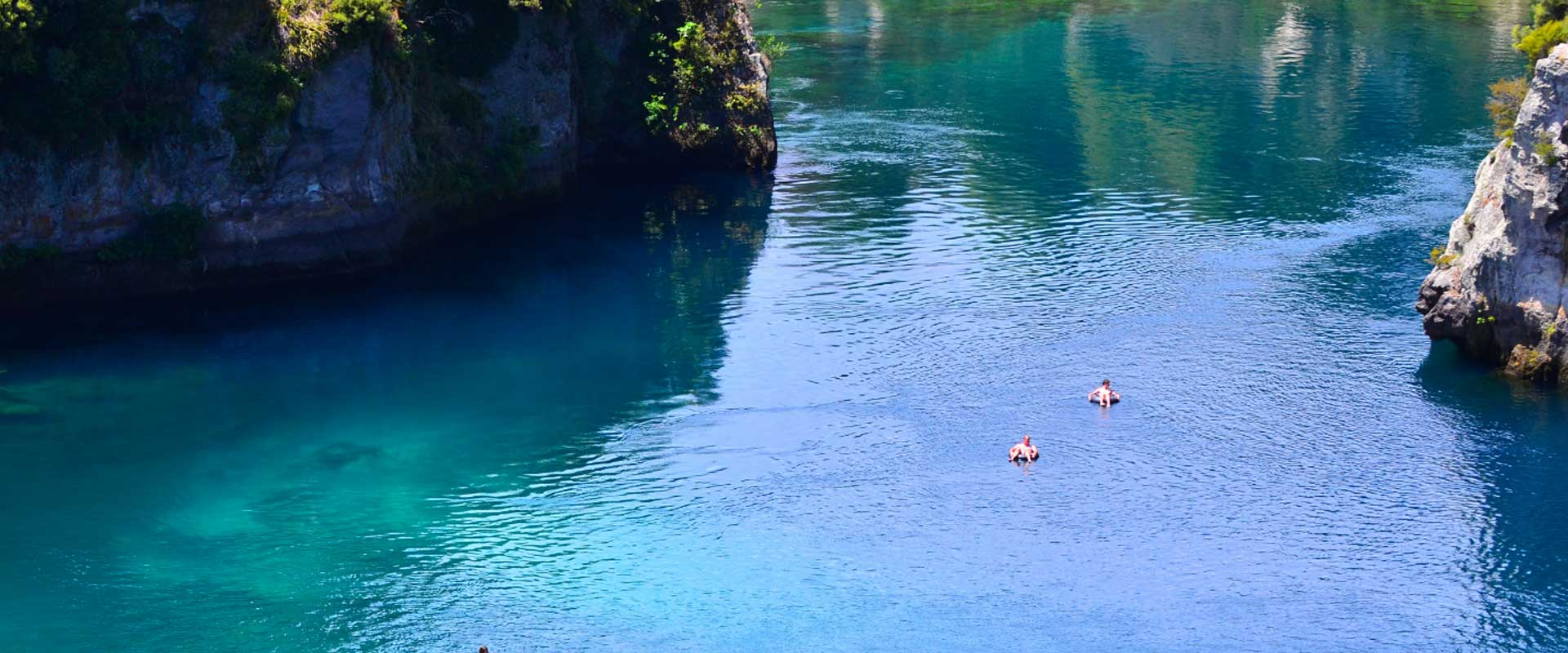Ki uta ki tai: mātāpono me te pūtaiao, ngā korero whakamahuki ma te kaitiaki – From mountains to the sea: values and science for an informed kaitiaki / guardian
April 2024
Estuaries, located between land and sea, are diverse and productive ecosystems that provide a wide range of highly valued goods and services.
The health of estuaries has been degraded by changes on land, in freshwater, in the oceans, and with the climate. It is increasingly recognised that we must alter the way we manage estuaries if we want estuarine health and values to improve. Governmental policy is seeking more integrated management of “the whole environment, from the mountains, springs and lakes, down the rivers to hāpua (lagoons), groundwater, wahapū (estuaries) and to the sea.”
Ki uta ki tai is a te ao Māori concept that more holistically encompasses and appreciates the interconnectedness of all parts of the system.
To improve the health of productive and valuable estuarine receiving bodies, we must embrace Ki uta ki tai concepts in our management practice and continue to improve appropriate interconnectivity between knowledge streams (mātauranga Māori, western science) and across disciplines (land, freshwater, estuarine, ocean). We share experiences, learnings, and key findings from the Ki uta ki tai project in this brief guidance document.
 View Our Strategy Document 2019 – 2024
View Our Strategy Document 2019 – 2024



